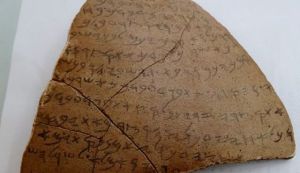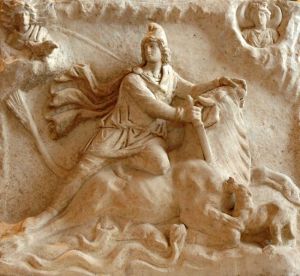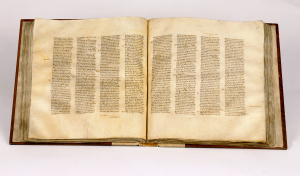
A potsherd, or pottery shard, containing a written message in Hebrew. Potsherds with writing are also called ostracons.
Another argument, popular with anti-Christian authors, is that Jesus was very likely an illiterate peasant. If Jesus was illiterate, they assert, then the New Testament accounts of him referring to scripture and generally stumping the Jewish Pharisees in debates are suspect, and not to be trusted. This argument is most recently articulated by Reza Aslan in his book, Zealot: The Life and Times of Jesus of Nazareth.
Aslan argues that the vast majority of people in Jesus’ world—about 98%–were illiterate. In his mind, so was Jesus. When one digs below the surface, however, it becomes evident that Aslan is likely mistaken. Continue reading


